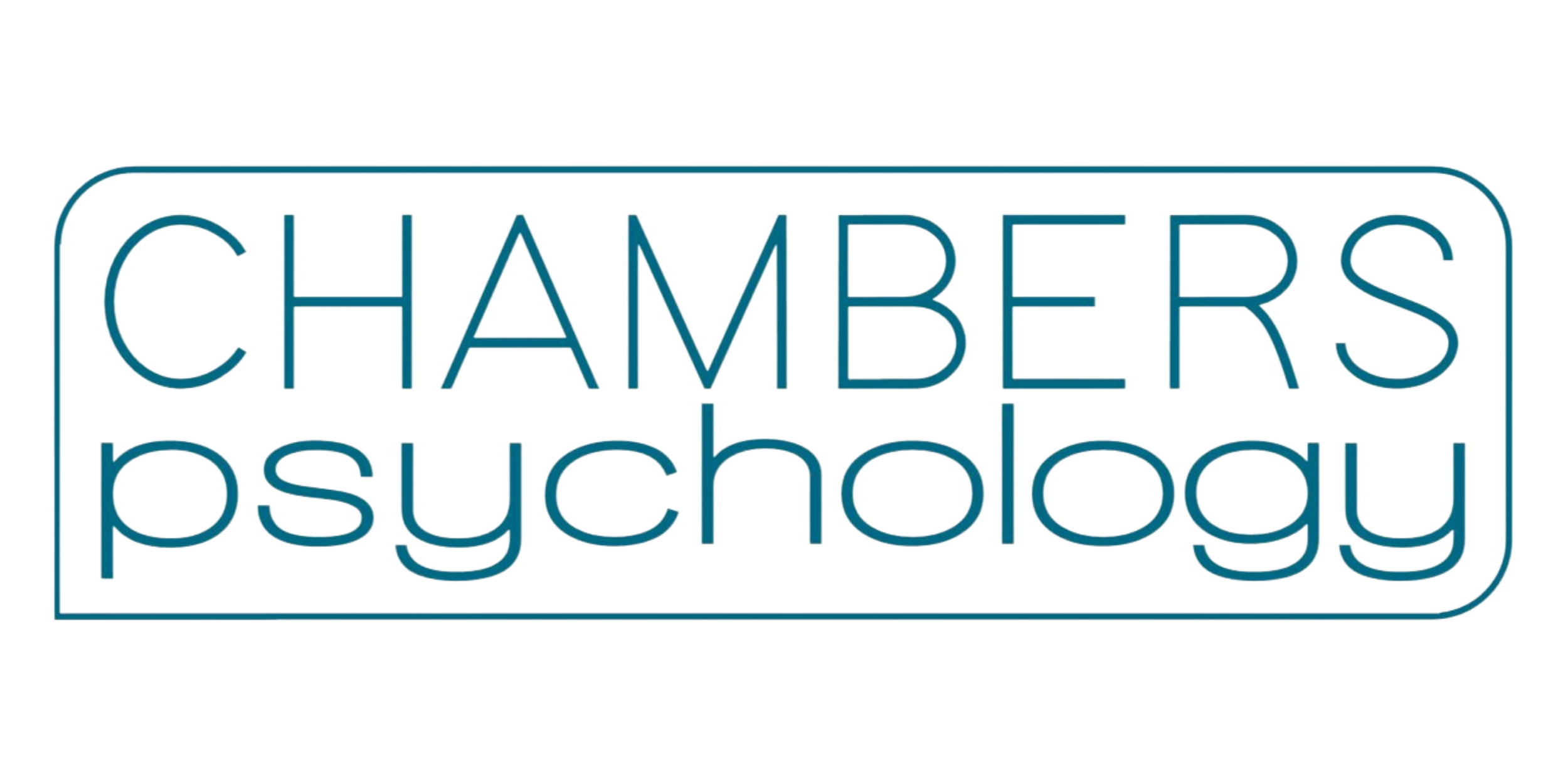Approach
As a Counselling Psychologist I have been trained to use several different theoretical models in my practice. These include person-centred, psychodynamic and cognitive behavioural approaches. I am also trained in the use of EMDR (Eye Movement Desensitisation and Reprocessing Therapy).
During an initial consultation I will ask to hear more about what brings you along to therapy, what your hopes and expectations are. I will then be able to recommend a way forward for you - an appropriate therapeutic approach, based both on my clinical experience and knowledge of research evidence. However, collaboration is central to my way of working and I am always keen to respect my clients’ preferred way of addressing their difficulties.
Research has shown that the relationship between a client and therapist is central in facilitating change. With this in mind, I endeavour to provide a safe, non-judgemental and empathic environment in which my clients can explore their difficulties. I always encourage people to consider whether I am a ‘good fit’ for them, and it can be helpful to shop around for a therapist with whom you feel at ease.
Counselling Psychology
Counselling Psychology is a profession of applied psychology. Counselling Psychologists work with clients to examine mental health issues and explore underlying problems that may have caused them, with the aim of reducing psychological distress and enhancing psychological wellbeing.
As a Counselling Psychologist I have been trained to use several different theoretical models in my practice. These include person-centred, psychodynamic and cognitive behavioural approaches. Cognitive behavioural therapy (CBT) is currently recommended by the Department of Health and NICE as the ‘psychological therapy of choice’ for difficulties including anxiety and depression.
During an initial consultation I recommend an appropriate therapeutic approach, based both on my clinical experience and knowledge of research evidence. However, collaboration is central to my way of working and I am keen to respect my clients’ preferred way of addressing their difficulties.
Research has shown that the relationship between a client and therapist is central in facilitating change. With this in mind, I endeavour to provide a safe, non-judgemental and empathic environment in which my clients can explore their difficulties.
Values
Underpinning all my work are three core values: compassion, curiosity and connection. In practice this might look like:
Compassion
developing a more compassionate relationship with yourself
tuning into your needs and exploring how to meet them
working towards enduring change that feels aligned to your values
Curiosity
examining unhelpful beliefs and behaviours underpinning current difficulties
cultivating an attitude of non-judgemental interest and enquiry
playfully experimenting with new ways of thinking and being
Connection
connecting back to yourself as a steady anchor
prioritising collaboration and interaction, rather than transaction
integrating theory and research to deepen a sense of self-awareness
